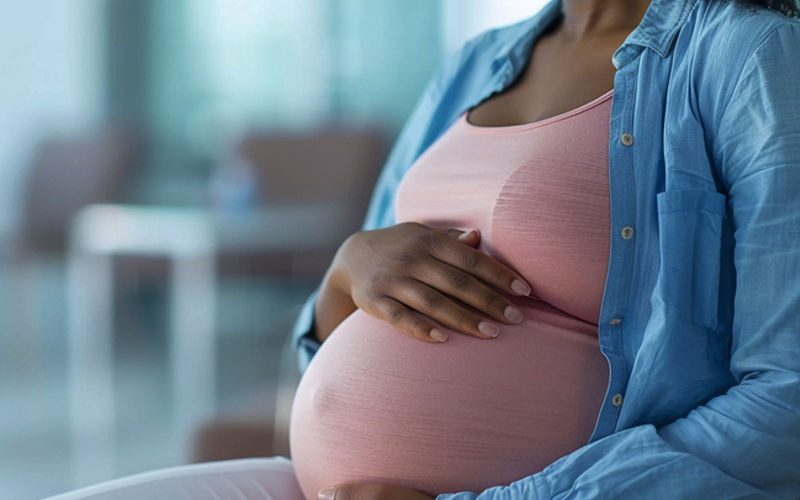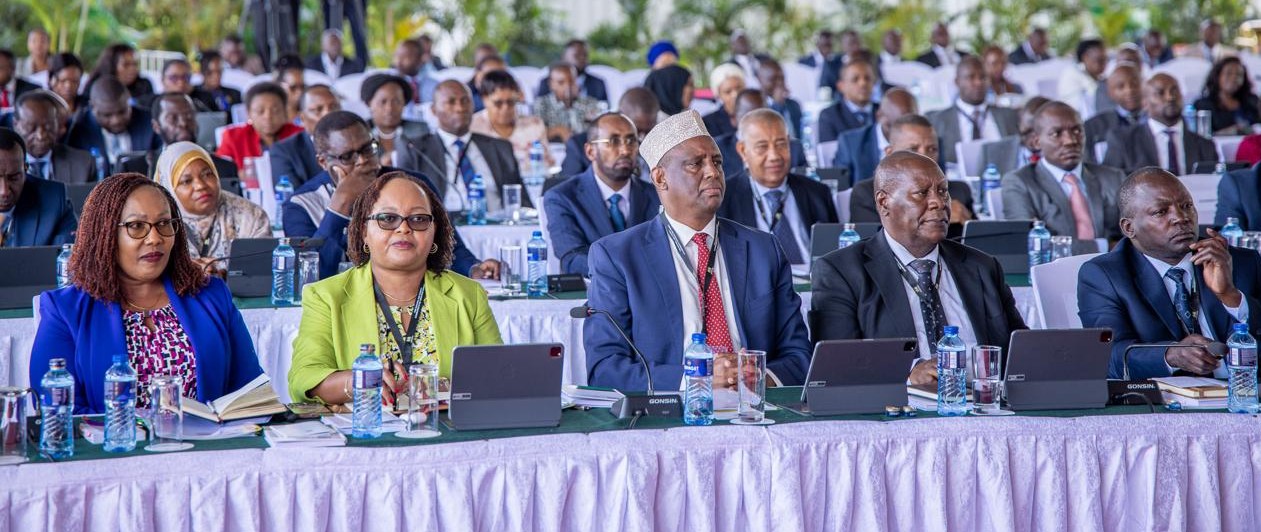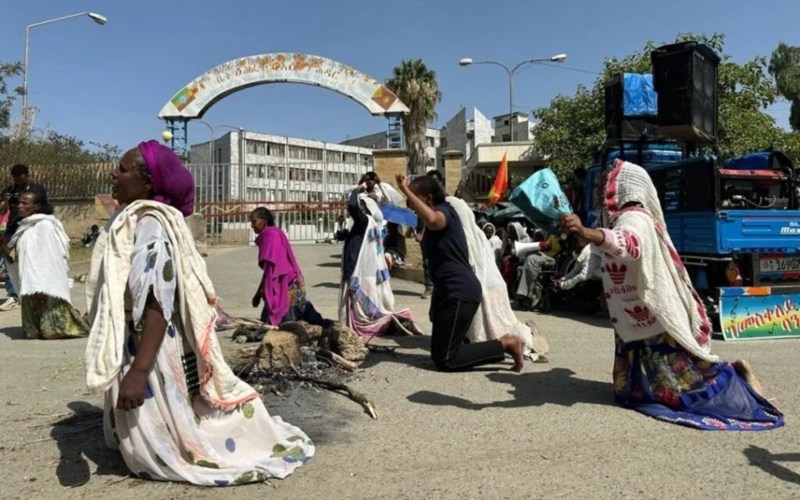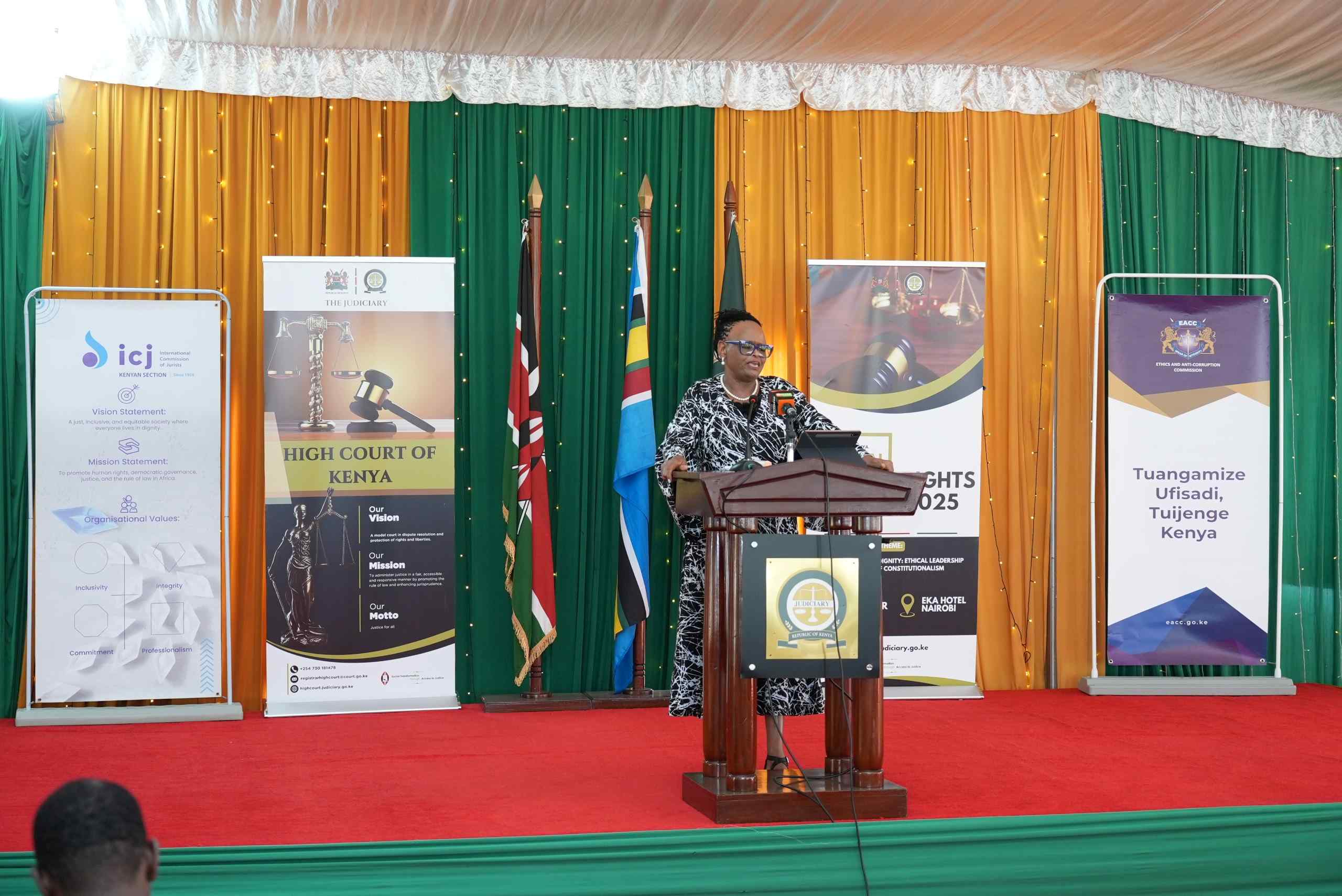Governors decry Health Ministry’s move to deny maternity funds to dispensaries

Since the start of the year, 924 women and nearly 10,000 newborns have died, highlighting the urgent need for accessible maternity services in all counties.
Rural mothers are increasingly exposed to danger as the Ministry of Health’s decision to halt maternity reimbursements at level two facilities and dispensaries limits access to skilled delivery services.
County leaders warn that the move has forced women to deliver at home, putting both mothers and newborns at greater risk.
More To Read
- State directs free maternity services at level 2 and 3 facilities under Primary Health Care Fund by January
- Government cash transfers improve health outcomes for women, children - Lancet
- WHO warns tobacco use threatens fertility in men, women
- Africa’s hidden stillbirth crisis: New report exposes major policy and data gaps
- Review meeting highlights barriers to immunisation, maternal health in Turkana
- Kenya’s maternal mortality ‘a crisis that cannot be ignored’, MP Nyikal warns
The Council of Governors (CoG) says the policy has already caused a sharp reduction in facility-based births nationwide.
Since the start of the year, 924 women and nearly 10,000 newborns have died, highlighting the urgent need for accessible maternity services in all counties.
Governors have criticised the ministry’s justification that dispensaries lack inpatient capacity. They argue that many mothers, especially in remote regions, rely solely on these facilities for childbirth.
“One of the reasons why I engaged SHA and the CS is that officially, dispensaries are not supposed to be inpatient. You can fake any other disease, but I don’t see anyone faking pregnancy because there is a product visible, a baby and a happy mother,” Tharaka Nithi Governor Muthomi Njuki said.
“Dispensary in Mandera at the border of Ethiopia in the north is Aga Khan and the Nairobi Hospital of Mandera. Now, when you deny deliveries at dispensaries and health centres, we are not progressing; actually, we are retrogressing,” Mandera Governor Mohamed Adan Khalif added.
The comments came during the launch of the inter-county maternal and perinatal death surveillance and response initiative (MPDSR) in Nairobi.
The platform, developed by the Council of Governors in collaboration with key health partners, enables counties to monitor maternal and newborn deaths in real time, share challenges, and coordinate interventions.
Governors have called on the national government to stop politicising SHA disbursements and ensure timely payments.
“We invested more this financial year in equipping our hospitals, hoping that the money and resources we generate will support us in these issues. But when a county referral receives Sh1.2 million in disbursement, then you can imagine what we are looking at,” Governor Khalif said.
Annual statistics show Kenya loses 5,680 mothers and 33,600 newborns, figures that remain unacceptably high despite progress in maternal care.
The ministry maintains that no directive has been issued to stop maternity reimbursements at any facility.
However, level two facilities are not licensed for inpatient services under KMPDC rules and must upgrade their infrastructure to safely handle deliveries.
Officials say discussions are ongoing with SHA and KMPDC to define where and how deliveries can take place, especially in underserved counties.
Governors argue that excluding dispensaries from maternity funding has led to fewer women seeking skilled care, resulting in more home births and higher death rates.
The newly launched dashboard shows 924 maternal deaths and approximately 10,000 newborn deaths since January, highlighting the urgent need for collaborative action between counties and the national government.
The Council also noted that the directive has deprived level two facilities of around KSh 2.5 billion in SHA funds, further weakening services at the very locations where mothers depend.
They warn that skilled birth attendance is declining in counties like Kisumu, where it fell from 89 per cent to 69 per cent, and in Nairobi, which dropped from 100 per cent to 80 per cent in the last financial year.
The CoG emphasised that the funding dispute does not signal a health sector conflict between national and county governments, but underscores the need to respect health as a devolved function while protecting maternal and newborn lives.
Top Stories Today













































